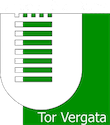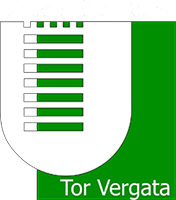Distant reading in literary studies: a methodology in quest of theory
Keywords:
Distant reading, Computational Literary Studies, Cognitive Narratology, Cultural evolution, Methodology of Literary studiesAbstract
Since Franco Moretti coined the successful term distant reading, quantitative/computational text analysis methods have gained wide circulation in literary studies. The diffusion of distant reading approaches has raised a lively debate and has attracted various criticisms, both from “traditional literary scholars” and from self-critical adopters. One important reason underlying these critical positions is the fact that it lacks sound and coherent rationales from the point of view of the theory: distant reading is the first methodology in literary studies that does not come with a theory of literature embedded in it. Consequently, all distant reading studies derive their theoretical frameworks and terms from literary theories that mostly rely on the notion that literary texts can be explained only by the way of interpretation. On what grounds, then, can we construct a theory of literature amenable to distant reading methods? I think that the better theoretical frameworks are the cognitive and bio-evolutionistic approaches to literature and cultural evolution studies. These theoretical approaches require a change in the level of description of the literary domain and justify the move from "interpretation" to "explanation" as the real aim of the scholarly inquiry.
Downloads
Published
How to Cite
Issue
Section
License
Copyright (c) 2021 Fabio Ciotti

This work is licensed under a Creative Commons Attribution-NonCommercial-ShareAlike 4.0 International License.







